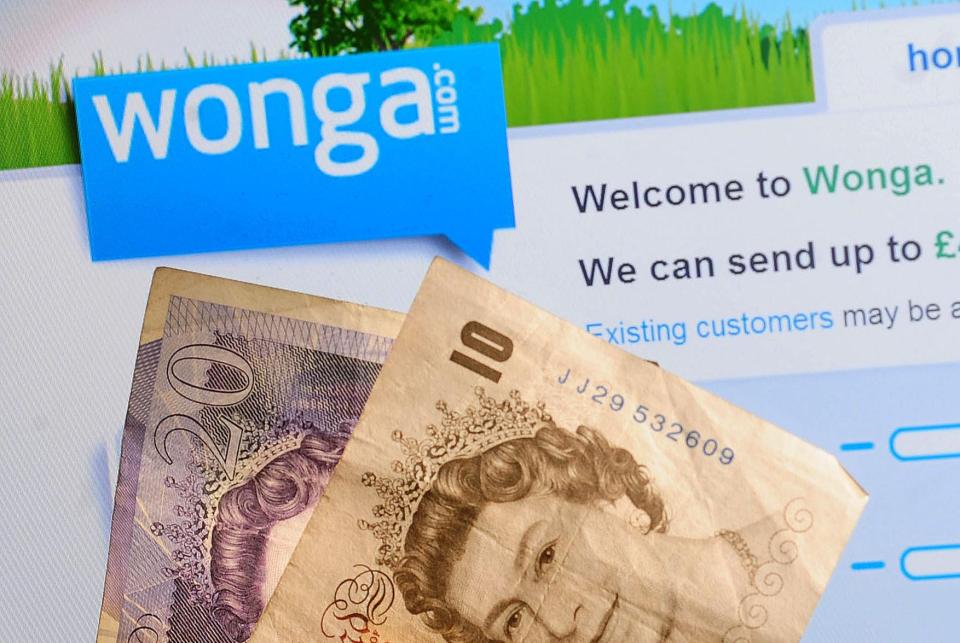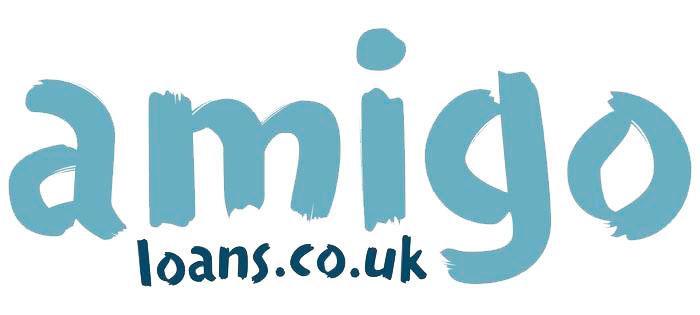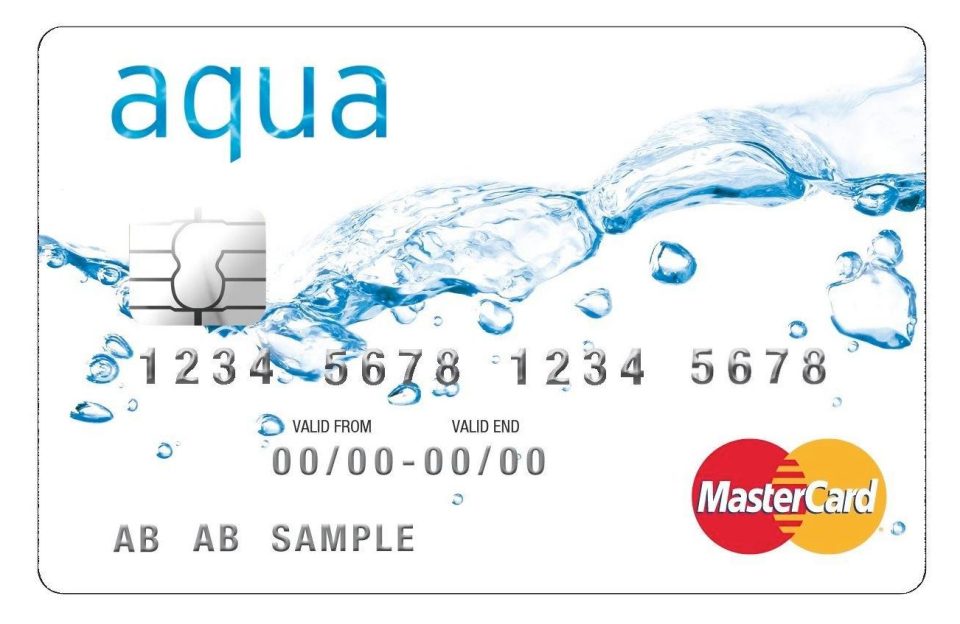After Wonga, legal loan sharks are still out there — and we need to stop them

FOR years, so-called “payday lenders” like Wonga have made the lives of millions a misery.
As it looks set to go out of business, now is not the time to celebrate but to call for action to make sure no one else gets hooked by the other legal loan sharks now circling consumers.
Offering short-term cash fixes to the desperate in the form of loans at outrageous interest rates, profits for companies like Wonga came from hooking people into a spiral of debt.
Stuck with bills they could not pay and bailiffs chasing them, many ended up taking out more payday loans to clear their initial debts.
Now, thanks to the crackdown on exploitative payday lending and a cap on what they can charge people, it’s the sharks themselves who are fearing the knock on the door.
Britain’s top rip-off lender Wonga is about to go bust following a recent surge in customer compensation claims over its earlier debt collection practices.
It made millions, but it can’t afford to repay all the people it preyed on over the last decade.
But just as Jaws had a sequel, so does this legal loan shark.
Rather than treat people fairly and mend their ways, those same companies which offered the eye-watering rates of interest are now simply changing the label on their loans to evade the regulators.
Whether it’s the adverts you see on TV encouraging you to take out a loan to make ends meet or the people in shopping centres offering credit cards to people with bad debts, beware the terms and conditions.
Why we want to Stop The Credit Rip-Off

WE never want you to pay more than double the amount you've borrowed - whether it's for a new sofa or a loan to help pay your bills.
That's why The Sun has launched a campaign calling for a cap on the total cost of rent-to-own loans and doorstep lending at double the original price or loan amount.
A similar cap was introduced for payday loans in 2015 and since then the number of people struggling with unmanageable debts to those lenders has more than halved, according to Citizens Advice.
People on the lowest incomes, living in the poorest places, are paying a poverty premium – up to 7 million people have resorted to high-cost credit, according to the Department for Work and Pensions.
People whose wages or benefits don't stretch far enough need to borrow from rent-to-own or doorstep lenders to help pay for things such as an unexpected bill or to furnish their homes.
These come with exorbitant rates of interest – more than 1,500 per cent in some cases of doorstep lending.
It is scandalous that one mum who borrowed cash to help keep a roof over her family's head and ended up paying back over THREE times the original amount.
It's time to stop the credit rip-off.
Here's what we demand:
Rent-to-own
- Cap on all repayable costs at double the item list prices (including fees, add-ons and interest)
- Ban on incentives for all sales staff
- Ban on discounts for existing customers to tempt them into more credit
- Companies to publish example interest rates and costs on all payment options
Doorstep lending
- Cap at double the original amount borrowed
- Stricter affordability checks
- Ban on discounts for existing customers to tempt them into more credit
It’s the same predatory behaviour pushing people to borrow more and the same shocking interest rates, however glossy the advertising or new the name.
Little wonder 40 per cent of adults in this country say they struggle to make ends meet before payday and, of those, 30 per cent say that credit card repayments are causing the problem.
Millions of people in Britain are now “zombie” debtors, trapped paying the interest on credit cards only.
Earlier this year its own evidence exposed this, but still the Government’s Financial Conduct Authority, which is supposed to protect people from these firms, gives a free pass to such companies to continue to prey on struggling people.
As a result, right now consumers are better protected if they take out a payday loan than if they borrow on their credit card.
It's time to Stop the Credit Rip-off.
It’s time to name and shame these new offenders. Companies such as Vanquis, which offers a £1,000 loan — no credit checks, no questions asked — and which is owned by doorstep lender Provident, a high-cost legal loan shark.
They offer easy-access credit to people with bad debts, but the costs of these credit cards quickly mount up.
Aqua credit card has an interest rate, superficially, of 3.9 per cent. If someone borrows £1,000 and makes the minimum payments, they will have paid £480 within one year, £680 within 18 months, £800 within two years and £1,000 in interest by 28 months.
Amigo Loans encourages people to use their friends to guarantee a loan — giving the company two people to chase for immediate payment or if the loan doesn’t get paid if the account is behind by 15 days — and proving Amigo is anything but your mate.
Even when debt payment plans have been agreed, the lender will chase the borrower and the guarantor.
With wages not matching the cost of living, our nation is still a hunting ground for these companies.
Last year Britain spent more than it earned for the first time in 30 years, maxing out its credit cards and racking up personal loans in the process.
It’s not hard to see why these companies are still thriving. Research by the Child Poverty Action Group shows that couples on the national minimum wage working full-time are still £49 short of the money needed each week for a basic standard of living.
Seventy per cent of those in work in the UK are defined as “chronically broke” — there’s just too much month at the end of their money.
Every day has become a “rainy day”, with a third of us having less than £500 in savings, so if the car breaks down or the washing machine goes on the blink, borrowing can be the only way to keep life moving.
Millions of Brits live in fear of a knock at the door from bailiffs as household debt continues to soar.
We should not wait until these forms of legal loan-sharking cause the same problems for cash-strapped Brits that Wonga did.
The Government needs to cap all forms of credit so there are no loopholes for legal loan sharks to hide in, and do more to increase access to affordable credit.
MOST READ IN OPINION
No one should end up paying back more than double what they borrowed — a fair price for a fair loan — however they borrowed.
Wonga may be going under, but unless we act now, sharks are still a threat.
- Stella Creasy is Labour MP for Walthamstow.


















